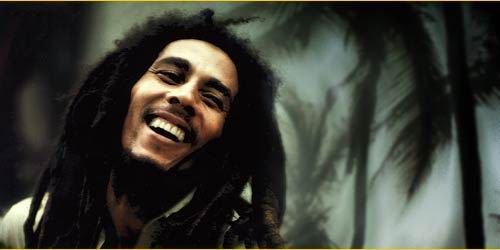
In history, wearing dreadlocks symbolized many things. It was a personal display of power for warriors in Africa; in India they was worn among adherents of Shiva (in India it was called Jata instead of dreadlocks); and in Jamaica it was the rejection of the Western mainstream beauty standards and the suffering that people build when confronted and negatively criticized for showing their true natural self.
Legendary reggae musician Bob Marley grew free form dreadlocks has part of his Rastafarian beliefs. Many people shy away from such a sacred hairstyle not only because of the media, but also because of the hair maintenance. But despite popular belief you actually got your work cut out for you.
“To tell you the truth, all you gotta do is leave it, wash it, and don’t comb it. Keep it clean and it will dreadlock itself,” said Marley.
Aside from how easy it is to allow the hair to dread, once you got them you will notice a few things:
- You will no longer have frequent trips to the salons /barber shops and purchases of expensive wigs, weaves, braids and an assortment of chemical products. This will save you plenty of money and time.
- Since you won’t need any hair products, you will allow your hair to grow free of chemicals that block the pores in the scalp and that may cause alopecia (hair loss).
- You will develop a relationship with your hair. In the beginning stages of dreads, the patience you develop will become a virtue. Your dreadlocks will invariably get better as time passes along with your appreciation for them.
So overstand, having dreadlocks is not ‘dreadful’. It is a variety of ideologies and cultures from around the globe at different points in time. It’s up to you to decide what having dreads will mean for you.
Reference:
http://majesticlocs.com/dreadlocks-benefits/
http://www.dreadlocks.org/the-history-of-dreadlocks/
https://www.youtube.com/watch?v=D3_pO12Qcig









